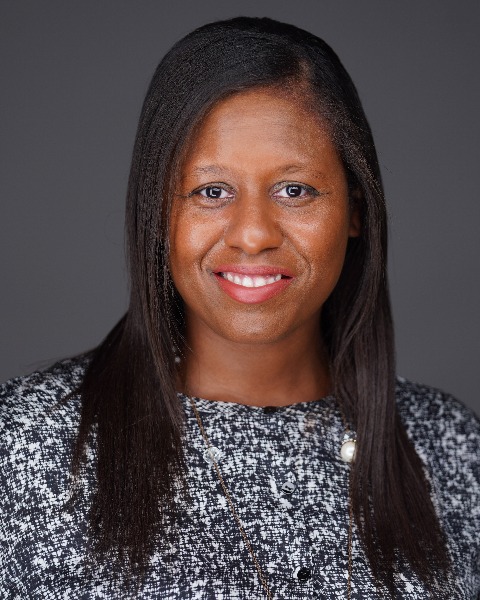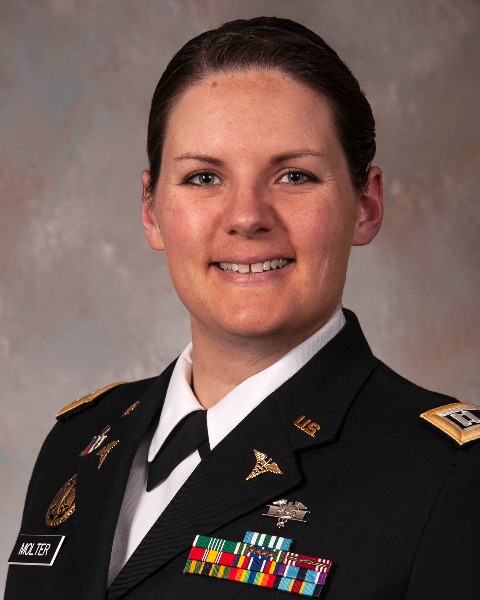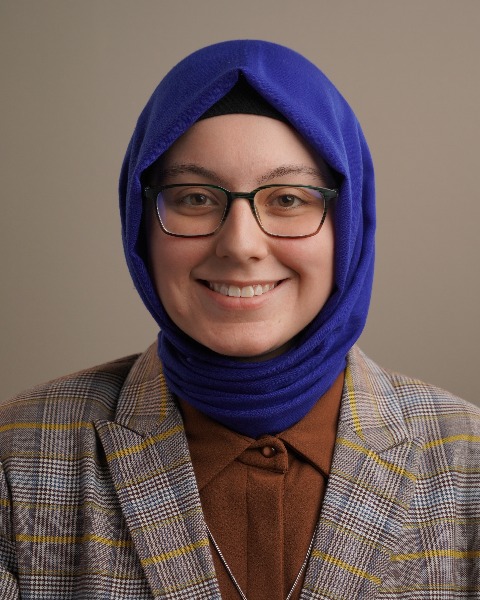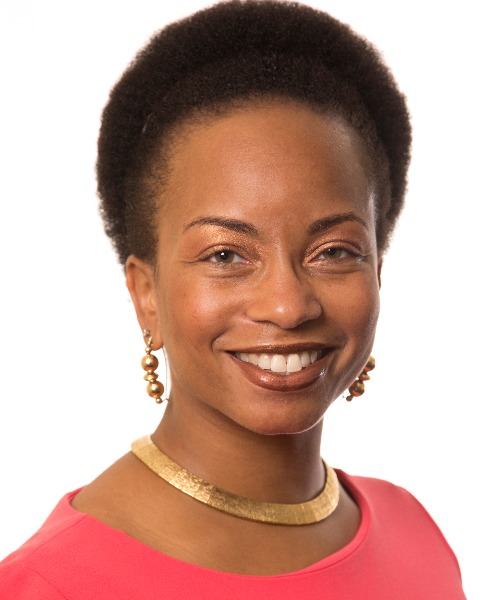Medical Education
Trainee
Weaving Health Disparity Education into the Fabric of Pediatric Academic Education: From Segmented to Seamless
-

Milissa Jones, MD, MPH (she/her/hers)
Associate Professor of Pediatrics
Uniformed Services University of the Health Sciences F. Edward Hebert School of Medicine
Bethesda, Maryland, United States -

Rasheda Vereen, MD, MBS (she/her/hers)
Assistant Professor of Pediatrics; Staff Neonatologist
Uniformed Services University of the Health Sciences F. Edward Hebert School of Medicine
Fort Cavazos, Texas, United States -
SA
Sarah Anisowicz, MD, FAAP, DABOM (she/her/hers)
Pediatric Residency Program Director
Tripler Army Medical Center
Kaneohe, Hawaii, United States -

Noelle Molter, MD, MBA (she/her/hers)
Pediatric Endocrinology Fellow
Walter Reed National Military Medical Center, United States -
DM
Dolores Mullikin
Assistant Professor
Mary Bridge Hospital, Tacoma, Washington
Honolulu, Hawaii, United States -
BN
Brandon Neal, MD
Resident
Walter Reed, United States -

Ceyda Sablak, MD (she/her/hers)
Pediatric Resident
Tripler Army Medical Center, United States -

Tyler Smith, MD, MPH (she/her/hers)
Fellowship Program Director, Associate Dean of DEI, Associate Professor of Pediatrics
Children's Mercy Kansas City and the University of Missouri-Kansas City School of Medicine
Kansas City, Missouri, United States
Leader(s)
Co-Leader(s)
Workshop Description: Health disparity education is a crucial component of pediatric medical training but is often siloed, creating significant challenges for educators striving to integrate these essential principles into academic curricula. When such education is confined to specific days or limited to select staff, progress made in advancing health disparity awareness in medical training risks being undone—ultimately impacting the quality of healthcare for all children.
This workshop will provide participants with the opportunity to explore innovative strategies to address these challenges. It will focus on the intersection of medical education and health disparity education. We will emphasize the need to move beyond assigning health disparity responsibilities to just a few individuals and instead focus on seamlessly integrating these principles into existing pediatric education curricula—ensuring that all learners and teaching staff are actively engaged.
Learning Objectives:
- Evaluate current approaches and challenges in health disparity education for learners and staff in academic pediatric settings.
- Examine the importance of employing innovative strategies to effectively incorporate health disparity principles within academic pediatric education in a way that equally distributes efforts.
- Appraise innovative methods to effectively incorporate health disparity education into the core curriculum of academic pediatric education.

